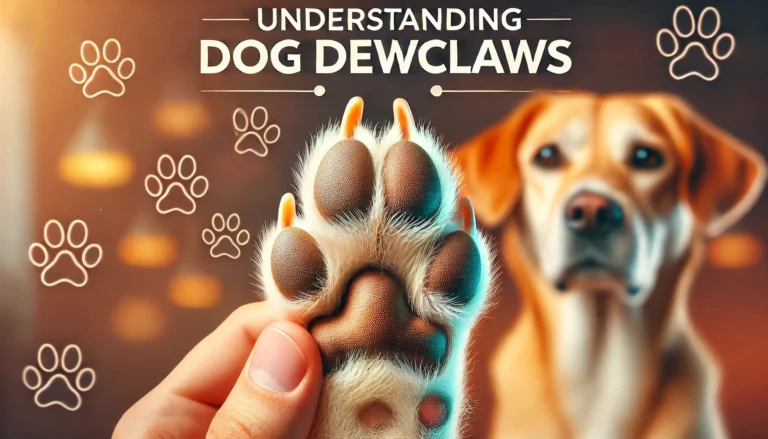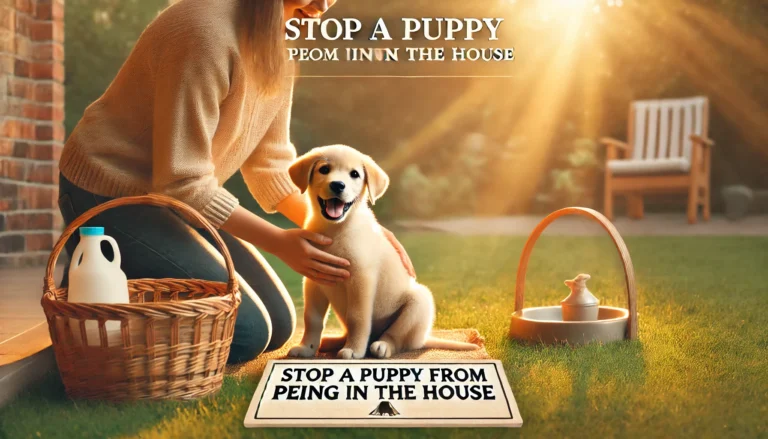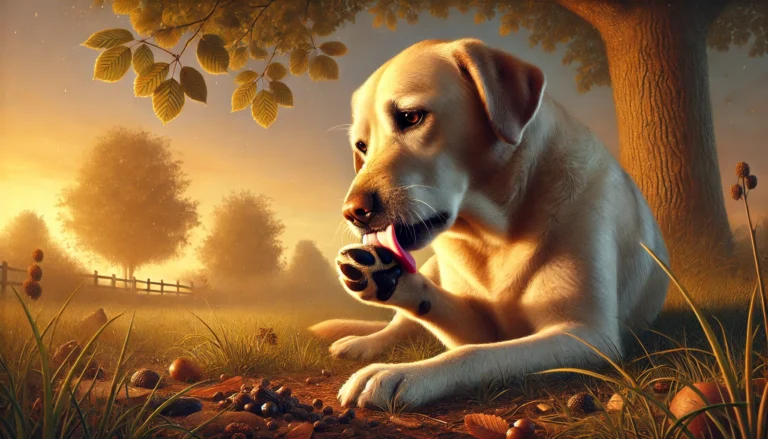How To Stop a Puppy From Biting?
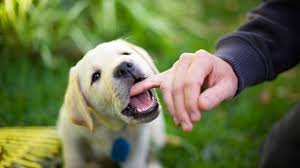
Everything You Need to Know
Stop a Puppy From Biting, Bringing a puppy into your home is an exciting time filled with cuddles and playtime, but it can also bring challenges like excessive biting. Puppy biting is a normal part of the development process as puppies explore their world, play, and learn the limits of their environment. This detailed guide will provide insights and strategies to help you understand why puppies bite and how you can effectively curb this behavior.
Understanding Why Puppies Bite
Before diving into strategies to stop biting, it’s essential to understand the reasons behind this behavior:
Teething
Just like human babies, puppies go through a teething phase where they experience discomfort as their teeth grow in. This typically occurs between two to six months of age. The discomfort can lead puppies to bite and chew more during this time to alleviate the pain.
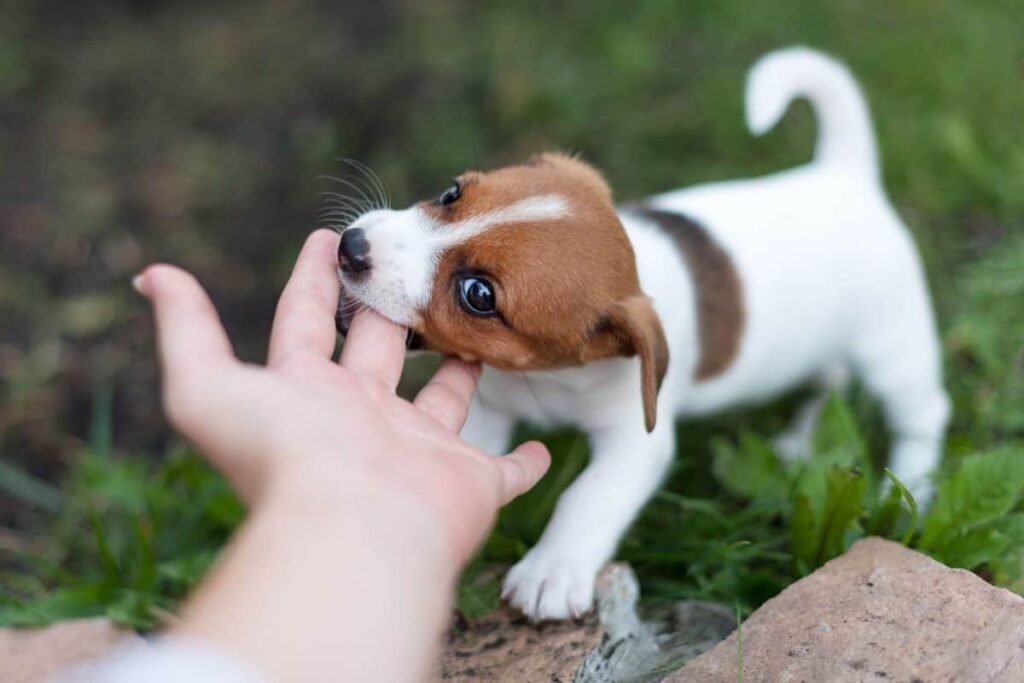
Exploration and Play
Puppies explore the world with their mouths. Biting is a way to learn more about their environment and interact with people and other animals. During play, puppies often use their mouths to grasp objects and interact with their playmates.
Learning Bite Inhibition
Bite inhibition is a puppy’s ability to control the strength of their bite. It is a critical skill puppies must learn, especially during their early months of life when they are still with their littermates and mother.
Communication
Puppies also bite as a form of communication. They may bite when they are excited, scared, or want to attract attention. Understanding the cues that lead to biting can help in addressing the behavior effectively.
Effective Techniques to Reduce Puppy Biting
Addressing puppy biting involves a combination of training, preventive strategies, and a little bit of patience. Here are several approaches to help your puppy learn appropriate behavior:
1. Encourage Soft Play
Teach your puppy that gentle play continues and rough play stops. If your puppy bites too hard during play, emit a high-pitched yelp to mimic the response they would expect from another puppy. Pause the play for a moment to let them know that the biting was too hard. This method teaches bite inhibition effectively.
2. Redirect Biting to Appropriate Toys
Whenever your puppy begins to bite, redirect their attention to chew toys. This not only prevents them from biting you but also helps them understand what items are suitable for chewing.
do you know
Can Dogs Eat Pistachios? When it comes to sharing snacks with our furry companions, many dog owners wonder about nuts like pistachios.
3. Use Positive Reinforcement
Reward your puppy with treats, praise, or affection when they play without biting. Positive reinforcement helps puppies learn desirable behaviors through rewards rather than fear of punishment.
4. Provide Plenty of Physical and Mental Exercise
Ensure your puppy gets enough physical and mental stimulation throughout the day. A tired puppy is less likely to bite out of boredom or excess energy.
5. Socialize Your Puppy
Socialization is crucial in teaching your puppy how to interact with humans and other animals. Well-socialized puppies are generally less likely to engage in aggressive behaviors as they are more comfortable in various situations.
6. Manage and Avoid Overstimulation
Monitor your puppy’s behavior and identify signs of overstimulation, such as hyperactivity or aggression. Learn to recognize when your puppy needs a break and provide a quiet space for them to calm down.
7. Attend Puppy Training Classes
Professional training classes are invaluable for socialization and learning basic commands. Trainers can also provide personalized advice on curbing your puppy’s specific biting issues.
8. Establish a Routine
Consistency and routine help reduce anxiety and establish expectations for your puppy. Feeding, play, and training at regular times can enhance your puppy’s sense of security and reduce unwanted behaviors.
9. Be Patient and Consistent
Puppies learn at their own pace. Maintaining consistency in your reactions to biting will help your puppy learn faster that biting is not acceptable behavior.
When Do Stop a Puppy From Biting?
Most puppies start to reduce biting around four to six months of age, as they complete teething and become more settled in their environment. However, the exact timing can vary based on the individual puppy and the effectiveness of the training methods used.
Conclusion
Stop a Puppy From Biting requires understanding why puppies engage in this behavior and consistently applying strategies to teach them acceptable alternatives. With patience, proper training, and lots of love, your puppy will learn to stop biting and grow into a well-behaved adult dog. Remember, every puppy is unique, and what works for one may not work for another. Stay flexible in your approach and consult with a professional if biting persists or worsens.
How do I train my puppy not to bite?
Redirect biting to toys and use positive reinforcement for gentle behavior.
How do I get Stop a Puppy From Biting ASAP?
Use consistent redirection and immediate gentle corrections.
At what age do puppies stop biting?
Most puppies outgrow biting by about 6 to 7 months old
What commands stop puppies from biting?
Commands like “No” and “Stop” combined with redirection work best.
How to discipline a puppy?
Use time-outs and ignore undesirable behavior to enforce rules.
How to correct a dog that bites?
Address biting with firm commands and remove them from stimuli.
How to teach to Stop a Puppy From Biting?
Consistently use the command “No” during unwanted behaviors.


